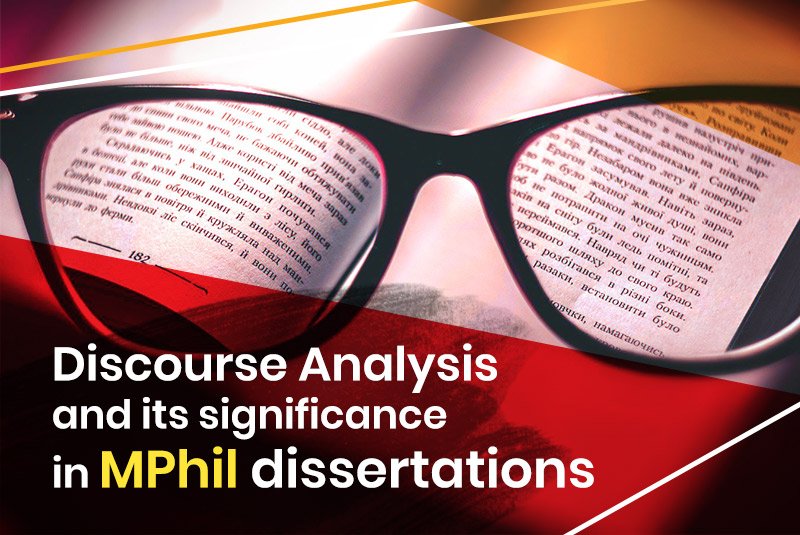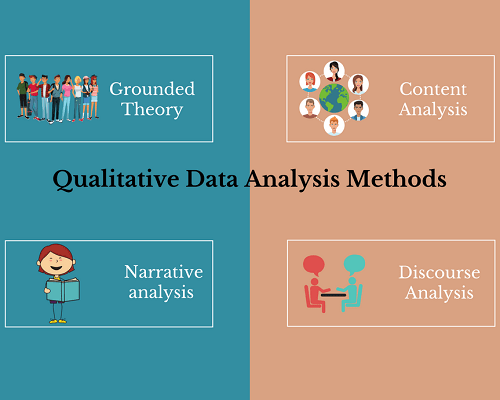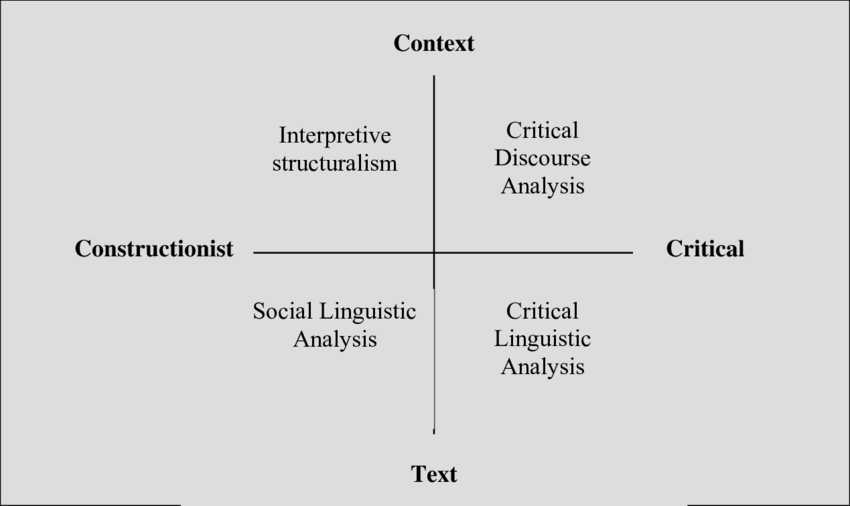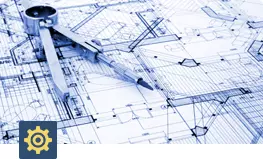
First Things First….umm, What is Discourse Analysis??
I want you to imagine this scenario:
Police records a suspected thief’s conversation. Then, a prosecutor is invited to analyze it, after which he comes to a conclusion that there's a sentence in between that seems to be admitted to the theft.
If you’ve studied pragmatics, you might know that similar words can mean different things in different contexts, if not then, well…..I just told you so (I can sense you smiling)
Anyway, back to the scenario; a linguistic analysis of the discourse may show that the thief meant something entirely different than what was heard when he uttered the sentence. A superficial reading of the sentence could possibly mean something entirely different if the person's emotions, expressions, ease, and all such factors weren't considered.
Nothing less than Superman himself, a discourse analysis, in such cases, has the power to save an innocent person from going to prison!
Makes sense, right?
Critical discourse analysis vs. Discourse analysis- Don’t be Deluded, They’re both DIFFERENT!
Let me put it simply, to free you from the confusion (That’s why I’m here, after all)
So basically, when you talk in regards to discourse analysis, you’ll be referring to a very general term that is used to define a number of approaches and different school of thoughts to analyze discourse. However, when speaking in reference to critical discourse analysis, you’ll actually be implying about a school of thought that tries to analyze discourse critically in a specific way; methods, vision, set of tools.
What I’m trying to imply is that discourse is more of interpersonal activity, having a form determined by a social purpose in linguistic communication. Between who, you ask? The speaker and the person.
Critical Discourse, on the other hand, views language as an action, to further elaborate the relationships of power and inequality mentioned in the discourse itself.
| Discourse Analysis | Critical Discourse Analysis |
| Does not concern with the explanation of how discourse practices are socially shaped |
Deals with the details of ideational meanings and assumptions about social relations basic interactional practices |
Discourse Analysis and MPhil Dissertations….What is The Connection?
As I mentioned before, discourse is basically the language in use. The name itself suggests that discourse Analysis is the analysis of language that is in use. You might have understood by now that it considers the way we use language to represent our understanding of life and when speaking in terms of dissertation writing, it helps in getting a deeper insight into the information being added; more than just text.
Since Discourse analysis focuses on our knowledge and applications of meaning above the words being used, it holds immense importance in writing high-level dissertation like your MPhil dissertations that may cause students to seek help from dissertation writing services. In order to write the perfect dissertation, you need to understand that linguistic in general holds importance in understanding and comprehending different aspects, situations, and conditions with ease and that you should add its essence in your Research proposal and the final dissertation paper. The phrases, clauses, and sentences to the situations that determine HOW exactly we use language are what it generally relates to. Dissertations are an extensive research paper that aims to answer theoretical research questions using various methodologies.
See the connection?
Discourse analysis as a research tool

An important segment of dissertation relates to the methodology section, which is quite extensive and causes most students to get help from dissertation writing services in Pakistan. This describes the broad philosophical underpinning to your chosen research methods, and includes whether you are using qualitative or quantitative methods, or a mixture of both, and expects you to answer the whys as well.
Using it as a research tools come after you scrupulously select a good dissertation topic. This can be a difficult task to adhere with, when it comes to higher levels of dissertations; if you’re eager to know what to consider when doing so, you might want to give this highly informative article a read!
Discourse analysis can be used as a research tool to get a deeper understanding of the subject being evaluated. Following are some examples of how discourses analysis can be used in the methodology section:
Interviews
One of the most flexible and widely used methods for gaining qualitative information about a person’s experiences, views and feelings are by conducting interviews. This allows a connection between you and the person that you wish to get information from buy prove to be extremely time consuming for students for which reason they might scout for cheap dissertation writing services to do the job. . Therefore, by this method, you can easily get TONS of information that you can then note down and add in your research findings.
Here, discourse analysis has a huge role in trying to understand what exactly the person is trying to communicate with you. For example, sometimes a person may say things that sound different but the intentions behind them may not always be the same.
- Since an interview can be thought of as a “guided” conversation between you and the informant, your use of proper language can put them at ease and get you the answers you want
- The level of structure can vary, but most commonly interviewers have a semi-structured format, which means that the interviewer will develop much like a guide to the topics to cover in the conversation.
Observations
If you, as a researcher are doing research which requires you to know what people do under certain circumstances, the best way to do this would be to way get this information by watching the ‘sample’ them under those candid circumstances.
Observations are not restricted to giving you certain kind of outcome and this can form a part of either quantitative or qualitative research. For instance, if you’re doing research regarding criminal activities, you may use the observation method to get valid information about the focus group. Many people suggest that his method of gathering data has ethical issues related to it, and so, discourse analysis can be an integral tool to understand what caused the people to behave a certain way or say certain things in the scenario.
- If you want to know how people react to a billboard advertisement might spend time watching and describing the reactions of the people. Descriptive analysis can help get you an even greater understanding of the "how" and "why" factors that surround it.
Questionnaires
If your dissertation requires you to collect standardized information, within a limited set of questions, that too from a certain number of people, then questionnaires may be the most straightforward approach to use. We've all filled at last one questionnaire, right? Like when you go to your favorite restaurant and they ask you to fill a questionnaire to rate their services. This shows that the best part about them is that they are extremely easy to conduct and give you a straightforward answer for you to understand.
However, the drawback is that since it’s so short and concise, it doesn’t give enough information regarding the subject under study. Here, using discourse analysis techniques can come in great handy, as they allow you to understand what you might not be able to comprehend otherwise.
- Questionnaires can be used to collect both quantitative and qualitative data, although you will not be able to get the level of detail in qualitative responses to a questionnaire that you could in an interview, using discourse analysis as a research tool will help you to a great extent.
- Questionnaires require a great deal of care in their design, delivery and language usage; which again be done properly using discourse analysis
Documentary Analysis
Imagine a research paper that requires you to gather information from pre-researched texts. That’s exactly when you’ll be expected to obtaining data from existing documents without having to question people through interview, questionnaires or observe their behavior as mentioned above. Documentary analysis is one such approach that almost all historians use to obtain data about their research subjects. Not only this, but it can also be a valuable tool for contemporary social scientists when completing their dissertations.
- Documents are tangible materials in which facts or ideas have been recorded. Typically, we think of items written or produced on paper, such as newspaper articles, Government policy records, leaflets and minutes of meetings. Items in other media can also be the subject of documentary analysis, including films, songs, websites, and photographs. Here, discourse analysis can help us understand the language used in the context, what it relates to, it’s relevance in the present time and the overall understanding of why those things were said.
Come on! Let us get into the details of its purpose and significance!
Now let we’ve talked about how discourse analysis can be used in adding value to your dissertations, let’s jump onto the whys; “why is discourse analysis significant in dissertation writing?”
According to the thesis writing services, it can be conducted on any set of data, as long as it involves spoken situations and written texts- Basically anything that includes linguistics.
You see, a single word or a letter cannot have ‘structure above the sentence’. So what exactly makes these complete texts?
A simple answer to this question can be explained by keeping into consideration that the contexts each of them is intended to convey a complete message are entirely dependent on the context in which it is whether spoken or written with!
The significance and purpose of discourse analysis can be understood by the following points:
- It related to ALL the phenomena of symbolic relationships and communication between various people
- It is used to refer to the general communication that takes place in highly exclusive institutional contexts. Yes, I’m talking about the discourse of science, legal discourse and so on…..
- The text analysis tends to deal more frequently with abstract structures of written discourse as fixed objects
- The discourse analysts focus on conversation whereas others prefer to study news, advertising or
- Discourse analysis undermines the whole communicative event including all conditions and functions which enable it to happen in the first place
- It combines the analysis of language use at a small level and the analysis of situations at a larger level
Want to know the different approaches that can be used here? Read on!

There are various approaches that allow you to conduct discourse analysis in different situations, however, it’s upon you to understand and evaluate which approaches would be best suited to certain conditions. Including these linguistic study approaches to your dissertation can truly make the content more relevant, understandable and in overall, add greater value to it.
Speech act approach
The theory of speech acts must be linguistically motivated; offering predictions that can easily be tested and give in-depth explanations.
Interactional sociolinguistics
This approach is one of the ways in which linguist look at the connections between the human language and it's a correlation to human society. Thus, among many of its subfields include, two of the most widely used are the following:
- Sociolinguistics
- Socio-historical linguists
As you may have guessed, it comes under the discipline of linguists and anthropology to signify how the use of language forms social and cultural interactions.
Ethnography of communication
This communication approach includes the technical knowledge of speech, along with knowledge regarding why particular things happen the way they do and their specific characteristics.
Pragmatic approach
This approach relates to the study of language and how the utterances in the context relate to their meaning at a certain time. This generally relates to the point of view of users and how the choices made and the constraints encountered affect other people and the situations.
Conversational analysis
The way of studying social interactions and talk-in-interaction that, although typically relates to the sociological study of everyday life, puts significant influence across the humanities and social sciences; such as linguistics.
Variationists approach
Variationist Sociolinguistics differs greatly from Interactional Sociolinguistics since it focuses on social variation in dialects and evaluates how this variation is structured. This structured variation tells you that this is part of the human language capacity; this relates to the idea that people are born with a built-in capacity for understanding language, and that people already know the language but just need to know the rules involved in speaking it.
To conclude, the use of linguists is an art that can benefit your dissertation in more ways than one. Since MPhil dissertations are extremely extensive and hold tremendous value in not only getting you the degree but also as an asset to the scientific community as a whole, using discourse analysis approach can add great value to your work. Having a good understanding about linguists and anthropology when making your dissertation can prove to be a very good resource in using the correct words in sentence structuring, conducting better primary researches and simply taking up your dissertation up a notch.
So the next time you have MPhil dissertation due, don’t forget to put on your linguistic hats before you start digging into the work!
OUR SUBJECT AREA
We specialize in a lot of subjects and offer our services in most of the academic categories.
Copyright © 2024 thesiswritinghelp.com.pk All Rights Reserved. Privacy Policy | Refund Policy | Terms & Conditions | Write For Us | Career | Sitemap | About Us | FAQ | Blog



















